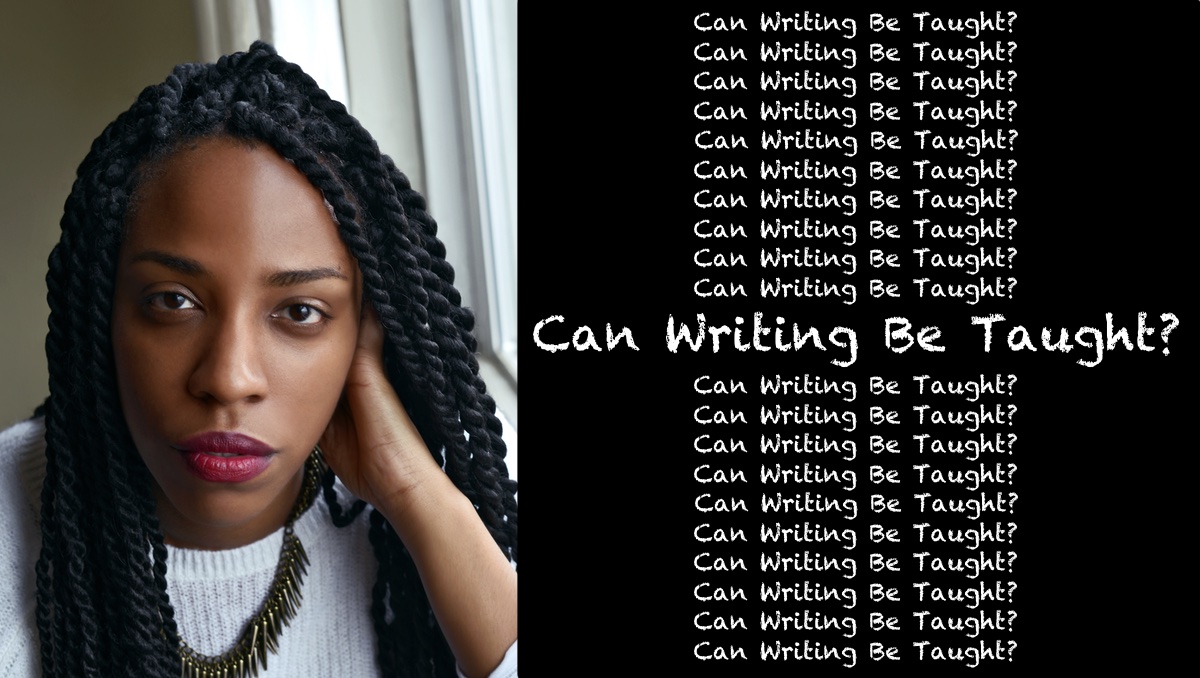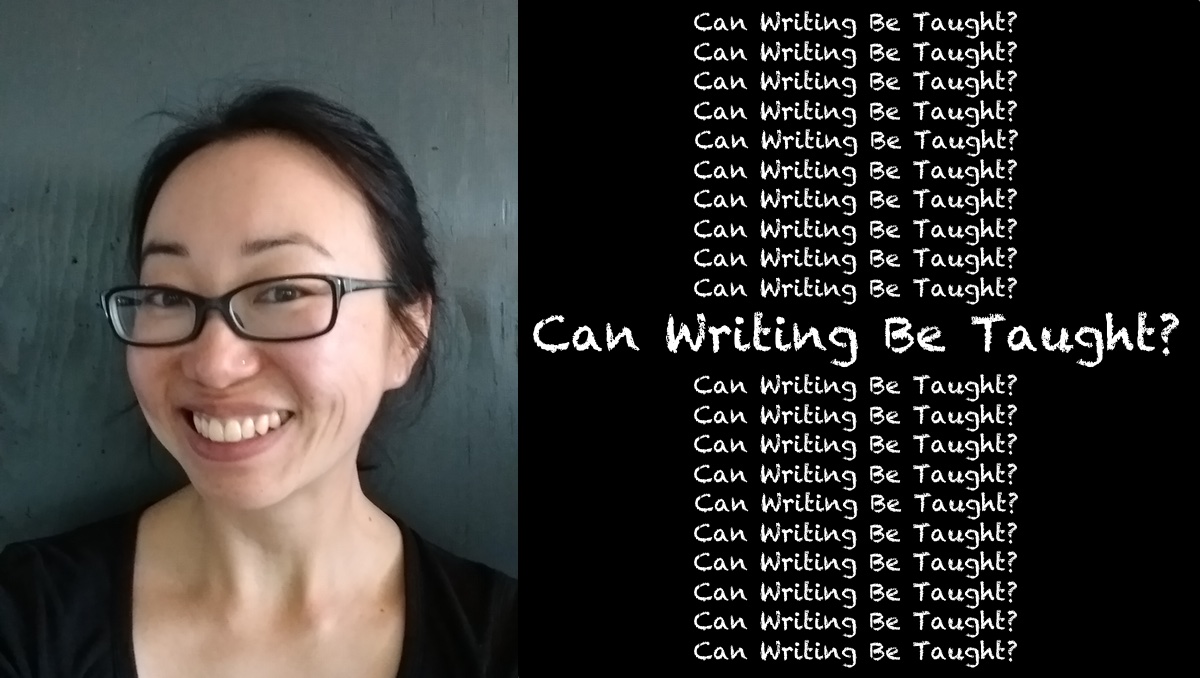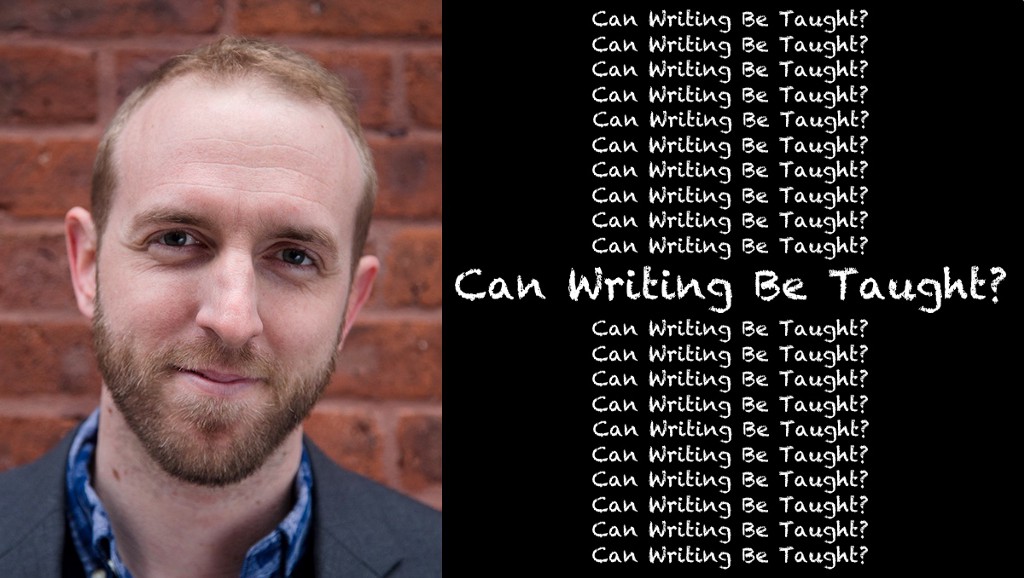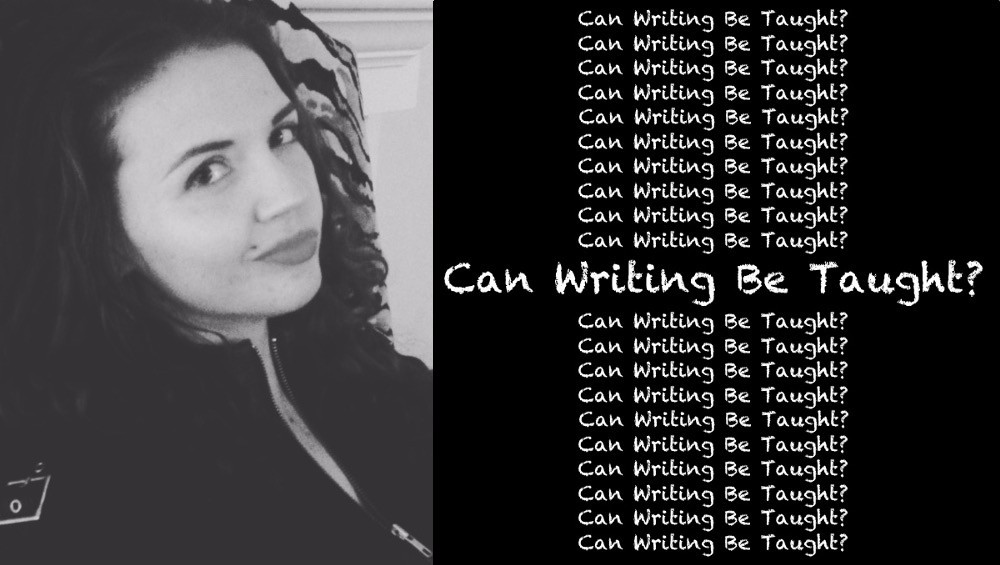interviews
Remember to Be Interesting to People Who Aren’t You
And other advice from Lauren Wilkinson, author of "American Spy," for our Can Writing Be Taught? series

In our series “Can Writing Be Taught?” we partner with Catapult to ask their course instructors all our burning questions about the process of teaching writing. This time, we’re talking to Lauren Wilkinson, author of American Spy.
The genesis of Wilkinson’s novel, she told Electric Literature in an interview, was a story where she started with the image of a suburban mom and then “put her into the craziest situation I could imagine, which was some men coming to kill her.” That’s one way character can inform your plot: come up with a character, put her in a situation, and let it run. But how do you generate, establish, and embellish that character? How do you help her set the plot in motion—and how do you make sure that her interior landscape doesn’t overwhelm what’s happening outside her head? Those are just a few of the questions that Wilkinson can help with in her six-week online workshop on character-driven plot, starting April 13.
What’s the best thing you’ve ever gotten out of a writing class or workshop as a student?
The thing I like best about fiction workshops is that democracy reigns. When the majority of a group tells me the same thing, it has always been productive for me to listen to that advice.
What’s the worst thing you’ve ever gotten out of a writing class or workshop as a student?
I haven’t gotten anything too bad out of a workshop—it’s not too difficult for me to ignore critique that doesn’t seem to work for me.
What is the lesson or piece of writing advice you return to most as an instructor?
“You’ve got to know the rules to break them.”
Does everyone “have a novel in them”?
Yes, I think so! Said with the caveat that extracting it with style and competence is a challenge that not everyone is up to.
Would you ever encourage a student to give up writing? Under what circumstances?
The only circumstances under which I would ever tell a student to give up—or at least stop temporarily—was if their zeal to write was causing them harm. That sounds dramatic. I just mean, like, if they were about to take on very serious student loan debt to work on a novel that I didn’t think would sell, I’d ask them to think it through.
What’s more valuable in a workshop, praise or criticism?
The criticism that you receive in a workshop is well-intentioned. A writer shouldn’t get used to that.
Criticism. But it’s tricky: the criticism that you receive in a workshop is well-intentioned. A writer shouldn’t get used to that. The criticism that you get after your book is published isn’t necessarily intended to help you.
Should students write with publication in mind? Why or why not?
I think students should write with publication in mind, but they should be aware that it’s much harder than it looks to judge taste and trends. So even more than writing with publication in mind, I think students should write with being interesting to someone else who doesn’t know them in mind.
In one or two sentences, what’s your opinion of these writing maxims?
- Kill your darlings
- Show don’t tell
- Write what you know
- Character is plot
This all sounds good to me! None of these maxims are more bullshit (or any less) than anything else writers are told.
What’s the best hobby for writers?
I was inspired by that Murakami essay about long distance running. In theory, I understand that they both demand stamina, so it’s a hobby that can inform your writing practice. In practice, I hate running.
What’s the best workshop snack?
Anything sweet or salty and plenty of it. I’m a big fan of eating my feelings.








